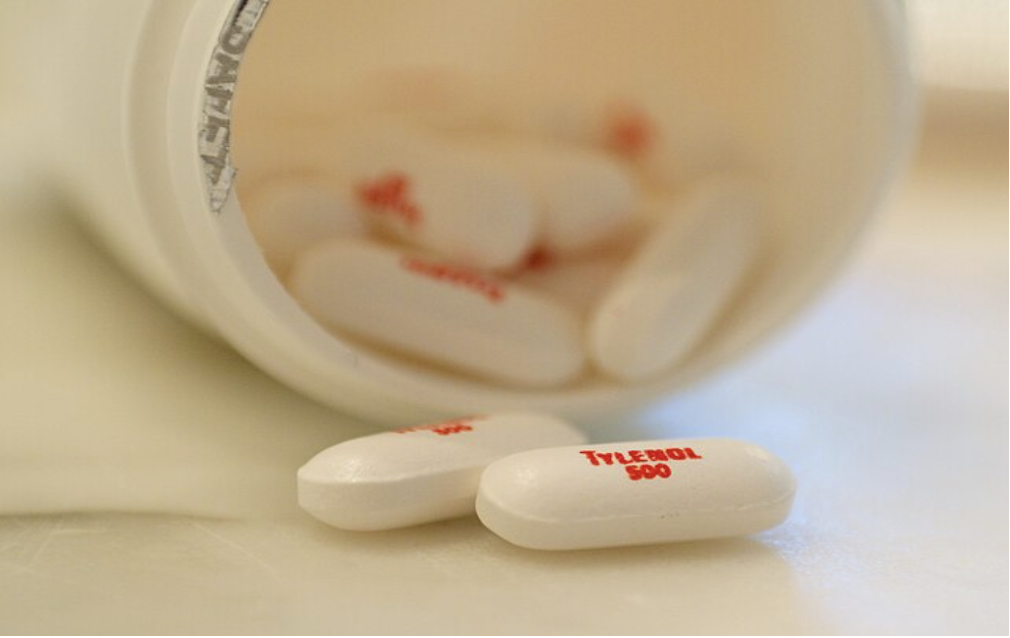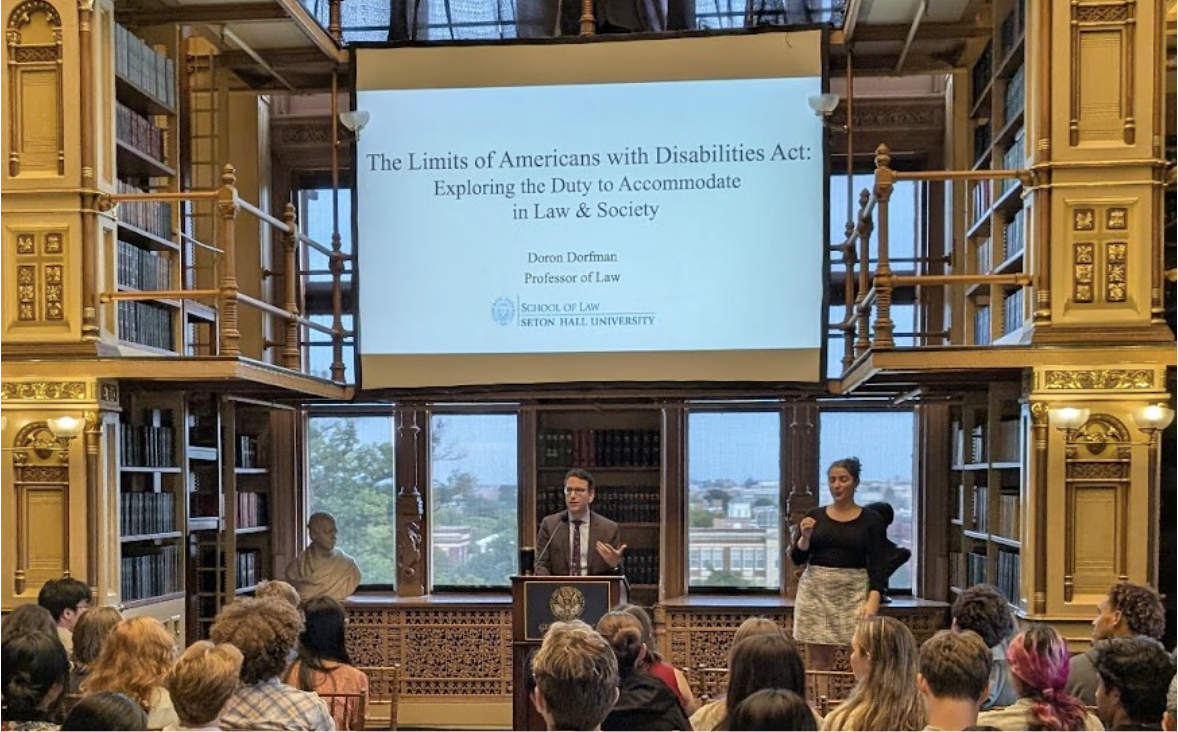Legal and medical experts weighed in on the ramifications of Dobbs v. Jackson Women’s Health Organization (Dobbs), a Supreme Court case that revoked the constitutional right to abortion, and on reproductive health and justice in the United States at a panel event held by the O’Neill Institute at Georgetown University Law Center on Sept. 25.
According to the panelists, the Dobbs decision and resulting legal battles have extensive ramifications not only for the health of people who can become pregnant, but also the health care industry at large. The event, titled “Rights, Freedoms and Health of Women and Pregnant People,” was part of the O’Neill Institute Colloquium series, which addresses the most pressing issues in health law.
Allison Whelan, panelist and assistant professor of law at Georgia State University College of Law, emphasized the importance of medication abortion in a post-Dobbs world. Medication abortion is characterized by a two-step process of two oral medications, mifepristone and misoprostol. According to Whelan, medication abortion sits at the forefront of the abortion conversation, as it represents over 50% of abortions nationwide, causes fewer severe reactions than penicillin and can be shipped across state lines.
“It is one of, if not the most effective way to combat the anti-abortion movement but can’t be the only part of the conversation,” Whelan told The Hoya.
Despite the extremely low rate of side effects, severe complications can happen. According to Whelan, the Dobbs decision prevents medical professionals from saving lives when these complications occur, resulting in the deaths of two Georgian women, Candi Miller and Amber Nicole Thurman. Miller and Thurman experienced rare complications from medication abortion, and according to Whelan, their deaths could have been prevented if the restrictions created in the wake of Dobbs had not created fear of prosecution among Georgian doctors and patients.
“No woman or pregnant person should die because she cannot get access to lifesaving treatment,” Whelan said at the event.
Whelan was not the only expert worried about the increase in preventable deaths from the legal restrictions on medical care made possible after Dobbs. Jill Morrison, panel moderator, visiting professor of law at Georgetown Law and director of both the Leadership and Advocacy for Women in Africa program and the Women’s Law and Public Policy fellowship, shared her concern, saying that she found the stories of these two women’s deaths to be one of the most worrying details of the panel.
“There will only be more of those instances,” Morrison told The Hoya. “The most important takeaway regarding science is that Dobbs interferes with the practice of medicine and forces doctors to ignore the science.”
According to Whelan, there was a 20-hour delay in providing care to Thurman after she arrived at her local hospital in Georgia with abortion complications. Whelan said the new restrictions can confuse health care professionals and cause them to put off providing appropriate care for fear of legal repercussions.
“In practice, providers do not understand these laws, they are afraid to take the next step and provide lifesaving care because they have a threat of prosecution,” Whelan said at the event.
Dr. Lynn Goldman, panelist and dean of the Milken Institute School of Public Health, expressed concern about the potential life threatening impacts of these confusions and delays.
“We need to be able to treat women, and there shouldn’t be a doubt in the mind of a doctor,” Goldman said at the event, “People being trained right now, there are lifesaving procedures they should be learning that they can’t learn in their training hospitals.”
Looking beyond the scope of abortion, the panelists discussed the way Dobbs and legal challenges to medication abortion could infiltrate other areas of health care. Whelan described the possibility of denial of cancer and autoimmune disease medication to women by doctors unsure of new, stricter abortion laws because of its potential use as abortion medication.
“We aren’t just talking about abortion when we talk about abortion restrictions,” Whelan said during the panel. “Our future depends on the livelihood and health of pregnant people,” Whelan told The Hoya.




